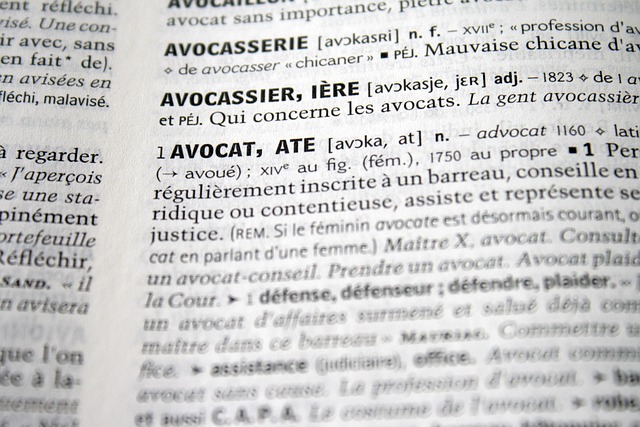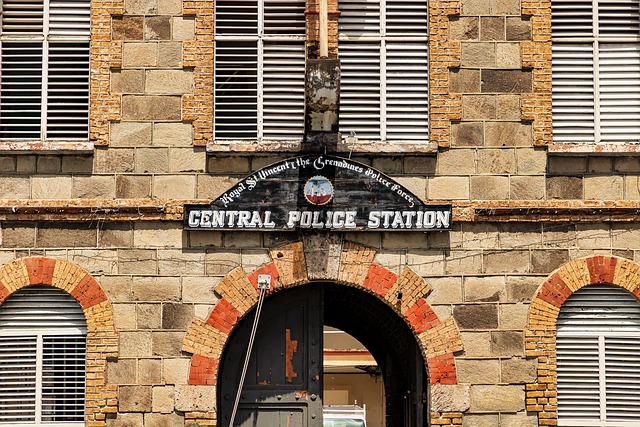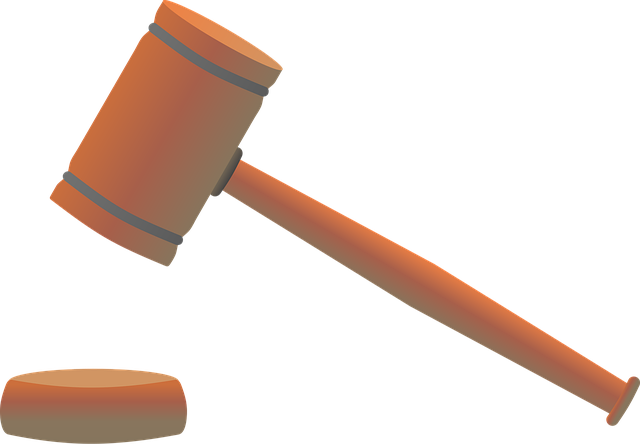Whistleblower Protection Lawsuits face credibility challenges through strategic cross-examination and character evidence. Defense attorneys probe inconsistencies, biases, and past statements to impeach whistleblowers' reliability, while expert witnesses offer counter-opinions on complex issues. "Strategies to Contest Witness Credibility in Trials" are vital for dismissing charges, ensuring a fair trial where truth and evidence are rigorously scrutinized.
“Whistleblower protection lawsuits play a crucial role in upholding integrity within organizations and ensuring accountability. This article provides an in-depth look at key aspects of these legal battles, offering valuable insights for both practitioners and those considering taking action.
First, we’ll explore the fundamentals of whistleblower protection lawsuits, setting the stage for understanding the subsequent sections. Then, delve into effective strategies to challenge witness testimony during trials, focusing on legal tactics.
Furthermore, discover common defenses employed against credibility attacks, equipping you with knowledge to navigate these complex cases.”
- Understanding Whistleblower Protection Lawsuit Basics
- Strategies to Challenge Witness Testimony Legally
- Common Defenses Against Credibility Attacks in Court
Understanding Whistleblower Protection Lawsuit Basics

Whistleblower Protection Lawsuits are designed to safeguard individuals who expose illegal or unethical activities within their organizations from retaliation. When a whistleblower files a lawsuit, the defendant—often an employer—may attempt to undermine the plaintiff’s credibility using various legal strategies. These tactics can range from cross-examining the witness about personal background and motivations to challenging the accuracy of evidence presented. Understanding these potential strategies is crucial for both whistleblowers and their legal representatives.
One common approach to contest a whistleblower’s credibility involves questioning their integrity, suggesting bias, or raising doubts about their interpretation of events. Defendants might argue that the plaintiff’s actions were not motivated by a genuine desire to expose wrongdoing but rather by personal gain or revenge. They may also try to present alternative explanations for the reported misconduct, aiming to create reasonable doubt in the jury’s mind. However, it’s essential for whistleblowers to have strong support from reliable sources and an unprecedented track record of their integrity to counter these strategies effectively, ensuring that their stories stand up to scrutiny and avoiding indictment for baseless charges.
Strategies to Challenge Witness Testimony Legally

Whistleblower protection lawsuits often hinge on the credibility of witness testimony. To challenge this effectively, legal strategists employ a range of tactics tailored to undermine the trustworthiness of the witness. One such strategy involves meticulous cross-examination, where attorneys delve into the witness’s background, motivations, and potential biases. By uncovering inconsistencies in their stories or revealing prior statements that contradict their current testimony, defense teams can sow seeds of doubt in the jury trials.
Additionally, expert witnesses can be deployed to provide counter-opinions and explain away any scientific or technical aspects of the testimony. This not only strengthens the challenging defense verdicts but also helps to avoid indictment by demonstrating a thorough understanding of the subject matter and its potential for misinterpretation. These strategies collectively work towards ensuring that justice is served, with a focus on winning challenging defense verdicts through rigorous legal procedures.
Common Defenses Against Credibility Attacks in Court

In whistleblower protection lawsuits, common defenses often center around challenging the credibility of the witness. Strategies to contest witness credibility in trials are crucial for both corporate and individual clients aiming to achieve a complete dismissal of all charges. One effective approach is cross-examination, where attorneys can probe inconsistencies or gaps in the whistleblower’s story, revealing potential biases or motives that might affect their reliability.
Additionally, character evidence can be used to impeach a whistleblower’s credibility. This involves presenting contradictory statements or behavior from the witness’s past to cast doubt on their current testimony. Another defense strategy is to question the reliability of the information provided by the whistleblower, suggesting that it may have been distorted or exaggerated to serve specific interests. These tactics are vital in ensuring a fair jury trial, where the truth and credibility of evidence are rigorously evaluated.
Whistleblower protection lawsuits are complex legal battles that require a deep understanding of both whistleblower rights and effective strategies to contest witness credibility in trials. By familiarizing yourself with the basics, employing robust legal challenges, and navigating common defenses, you can strengthen your case and ensure justice for those who come forward with crucial information. Remember, the right approach can make all the difference in protecting whistleblowers and fostering a culture of transparency.






